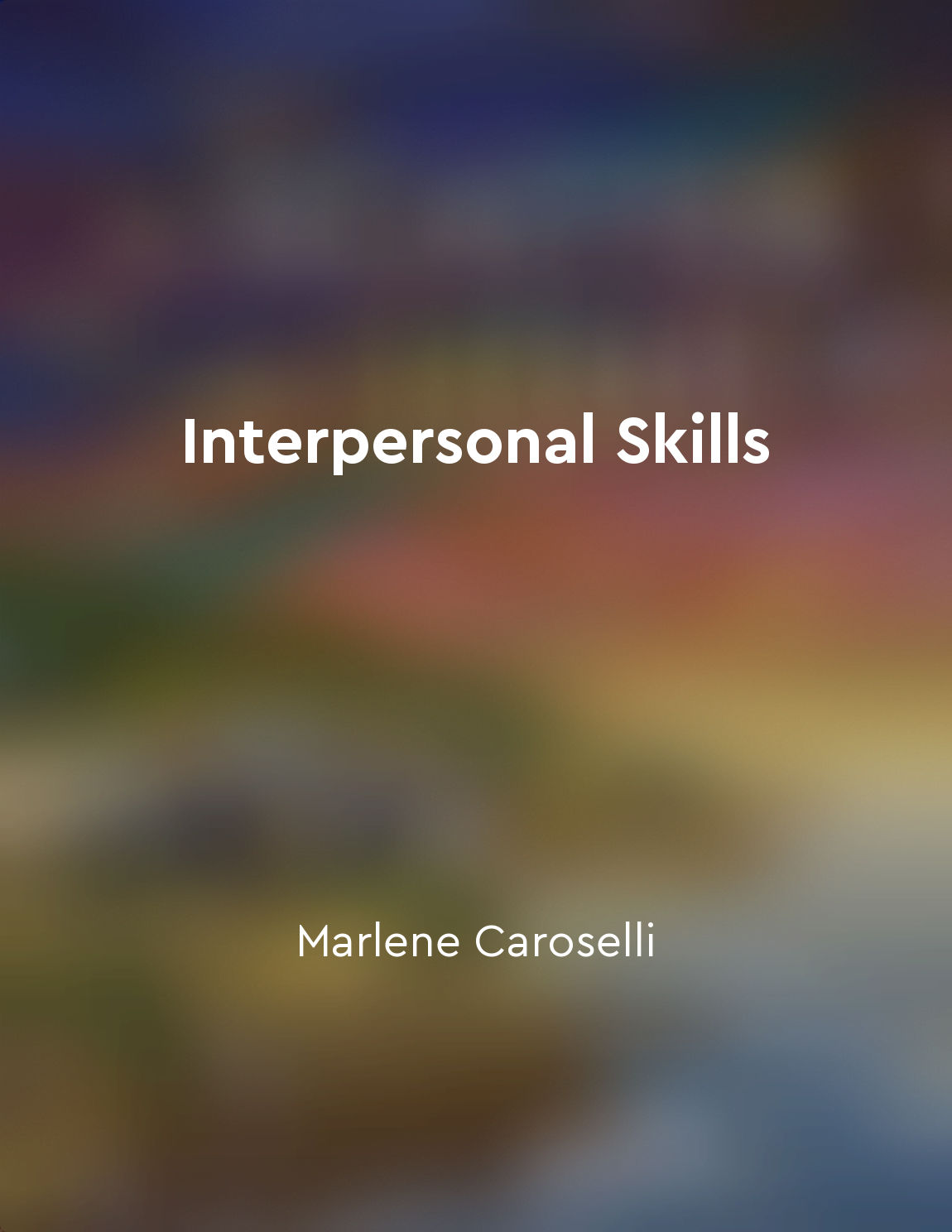Listen first, speak second from "summary" of Seven Habits of Highly Effective People by Stephen R. Covey
When we engage in communication, we often have the tendency to focus on getting our own point across. We are eager to share our thoughts, ideas, and opinions without taking the time to truly listen to what the other person has to say. However, effective communication requires a different approach. It requires us to first listen with the intent to understand before we speak with the intent to be understood. Listening first allows us to truly connect with the other person. It shows them that we value their perspective and that we are willing to put aside our own agenda in order to understand where they are coming from. By actively listening, we can gain valuable insights, uncover hidden motivations, and build stronger relationships with those around us. When we listen first, we create a safe space for the other person to express themselves openly and honestly. We demonstrate empathy and compassion, which can help to diffuse tension and resolve conflicts. By showing that we care about what the other person has to say, we can foster trust and mutual respect in our interactions. Once we have taken the time to listen and truly understand the other person's perspective, we are better equipped to respond effectively. Our words carry more weight when they are informed by a deep understanding of the situation at hand. By speaking second, we can tailor our message to address the other person's concerns, validate their feelings, and work towards finding common ground.- The concept of listening first and speaking second is about shifting our focus from ourselves to the other person. It is about recognizing that true communication is a two-way street that requires active engagement from both parties. By making the effort to listen first, we can create more meaningful and impactful connections with those around us.
Similar Posts

Assertive communication empowers individuals to express their thoughts clearly
Assertive communication is a powerful tool that allows individuals to convey their thoughts and feelings in a direct and clear ...
Respecting others fosters mutual respect and cooperation
Respecting others is not just a matter of being polite or courteous; it is a fundamental principle that can have a profound imp...
Seeking feedback from others can help you improve your oratory skills
One of the most effective ways to enhance your oratory skills is by seeking feedback from others. When you present a speech or ...
Work on honing your skills and expertise
To achieve the level of success you desire in sales, it is crucial to continually work on honing your skills and expertise. Thi...

Assertiveness means standing up for oneself while respecting others
Assertiveness is an essential interpersonal skill that involves expressing one's thoughts, feelings, and needs in a direct and ...

Continuously improve your conversational skills through practice and reflection
To truly master the art of conversation, one must be committed to a process of continuous improvement. This involves not only p...
Take responsibility for your actions
Taking responsibility for your actions is a fundamental aspect of achieving success in life. It means owning up to the conseque...
Learn to listen and show genuine interest
Listening is a skill that can set you apart from the rest. When you truly listen to someone, it shows that you value their thou...
Nonverbal cues reveal true feelings
Nonverbal cues are a powerful form of communication that can reveal a person's true feelings, often more accurately than their ...

Utilizing visualization and anchoring techniques for personal transformation
Visualization and anchoring techniques are powerful tools for personal transformation. By utilizing visualization, individuals ...


